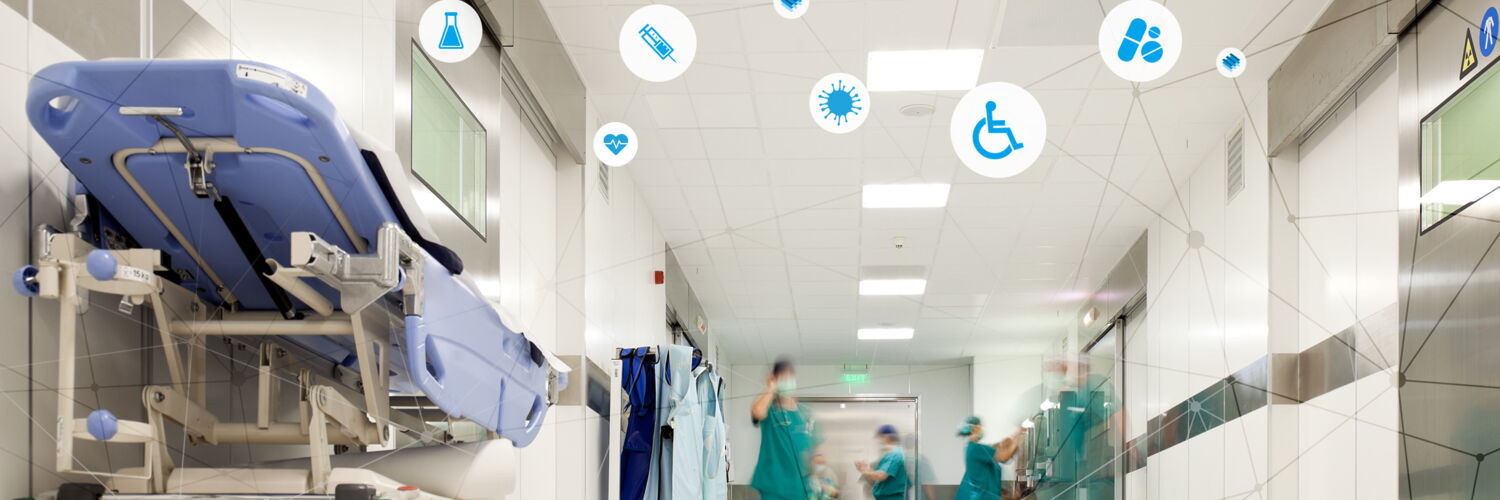
Healthcare
The use of IoT (Internet of Things) in healthcare involves integrating connected devices and sensors to collect, transmit, and analyze health-related data. These devices, ranging from wearable fitness trackers to remote patient monitoring systems, enable real-time monitoring of patients' vital signs, medication adherence, and lifestyle patterns. IoT in healthcare enhances remote care delivery, facilitates early detection of health issues, and supports personalized treatment plans. It also streamlines healthcare operations, improving efficiency in hospitals, clinics, and other healthcare facilities.
Benefits of Using IoT in Healthcare
IoT sensors revolutionize healthcare: remote monitoring, smart devices, efficient operations, and remote consultations, ensuring personalized care and swift emergency responses.
Healthcare IoT Solutions
Healthcare IoT solutions, leveraging IoT devices and sensors, encompass innovative technologies and practices that revolutionize healthcare. They improve patient care, operational efficiency, and access to remote services, fundamentally transforming healthcare delivery.
Top
Healthcare IoT Solution Success Stories
IoT-Powered Patient Monitoring
At a hospital, the integration of Healthcare IoT solutions marked a transformative shift in patient care and operational efficiency. Leveraging IoT devices and sensors, the hospital implemented a remote patient monitoring system for chronic disease management.
Patients with chronic conditions received wearable devices equipped with sensors that continuously monitored vital signs and health parameters. The collected data seamlessly transmitted to the hospital's centralized system in real time.
This IoT-driven system empowered healthcare providers with comprehensive patient insights, enabling timely interventions and personalized care adjustments. Physicians remotely monitored patients' conditions, identifying irregularities and proactively addressing potential health issues.
Moreover, the IoT solution streamlined hospital workflows. Automated alerts notified staff of critical patient changes, optimizing response times and reducing manual checks. Predictive analytics provided valuable insights for inventory management, ensuring medical supplies were always available.